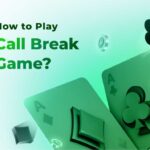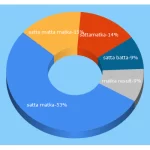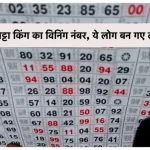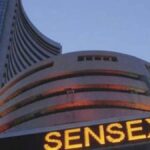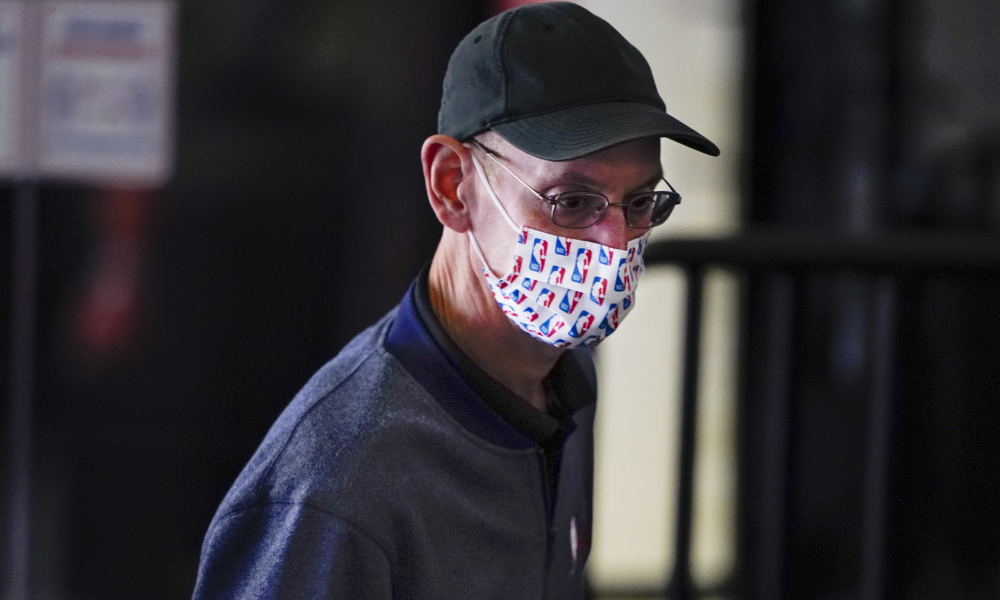
Your Morning Dump… Where the NBA is floating stiff penalties for breaking quarantine
Every morning, we compile the links of the day and dump them here… highlighting the big storyline. Because there’s nothing quite as satisfying as a good morning dump.
The NBA has warned teams that protocol violations that lead to coronavirus spread impacting opposing teams and causing schedule derailments could result in “fines, suspensions, adjustment or loss of draft choices and game forfeitures,” according to a memo obtained by ESPN.
For players violating safety protocols this season, the league warns that the possibility of in-season quarantine and reduced paychecks loom as possibilities. While the memo doesn’t outline the length of quarantines, it says that any such player “may be subject to a proportionate adjustment to pay for any games missed during the period that the player is in quarantine and undergoing testing due to engaging in such activities and/or conduct.”
This story broke over the weekend, but it deserves a closer look.
Running the bubble was both expensive for the NBA and something that is practically unworkable for a full season with 30 teams (scheduling alone would be a nightmare, not to mention finding suitable practice facilities).
The early indications, at least, are that the league intends to take violations of its COVID-19 protocols very seriously. However, the devil’s in the details. The penalty for premeditated murder is quite severe in every state in the union. However, that penalty has minimal impact on our day-to-day lives because, well, pretty much everybody reading this article is not only not a murderer, none of us have any particular interest in ever being one.
And you can put the league’s threat of draft forfeiture in the same bin. The level of disregard for the league’s quarantine restrictions that would merit such a penalty is likely so high that I doubt any team will run the risk of incurring it. Losing picks would likely require being caught violating league restrictions on multiple occasions, and frankly, the season just doesn’t seem long enough for even a thoroughly incompetent team to run afoul of the league so often that they lose a draft pick.
Where things get interesting is the question of game forfeiture.
The league is already cramming an extra month worth of games into what remains of the calendar. For this reason there is likely to be minimal opportunity to reschedule games where one team suddenly has a number of COVID cases. In such an instance, I’m curious whether the league will give teams the option to suit up such players as test negative and play, or if they’ll preemptively quarantine the whole team for a week, resulting in forfeiture of that week’s games.
Woj goes into some detail on the restrictions that will apply to players and staff:
The NBA is allowing for players and staff to leave hotels for dining under these circumstances: outdoor dining, fully privatized room dining in restaurants, or NBA/NBPA approved restaurants that will meet league criteria. The NBA and NBPA are working to compile a list of at least three approved restaurants in each market.
…
At home, players and staff are forbidden to enter bars, lounges or clubs, attend live entertainment or game venues, or visit public gyms, spas, pool areas or large indoor social gatherings that exceed 15 people
I have pretty much no idea how teams are expected to enforce the ban on trips to bars, lounges and clubs, and I think this particular restriction will be widely ignored–at least until someone on the team gets COVID from a night out and gets docked a week’s pay.
Meanwhile, the Celtics are apparently keeping the Red Claws out of the G-League bubble:
The Maine Red Claws are opting out of the expected NBA G-League bubble, sources told The Athletic. The G-League does not yet have plans for a second phase of the season, so the team expect to punt on the season unless there are further developments.
Though a proposal for a bubble campus in Atlanta with teams playing around 12 games before a playoff tournament has gained momentum, the G-League is still in the preliminary stages of forming its plans. A major factor toward determining the format was to have teams provide their commitment to play or sit out this week, giving the league a more concrete understanding of how to proceed with finalizing a format, per league sources.
Organizations will likely have to pay a $500,000 entrance fee to help fund the logistics of operating a bubble campus with a start date around late January.
If the Red Claws operate anything like the Sioux Falls Skyforce (my hometown G-League affiliate that’s actually older than a few NBA teams), almost all of their revenue comes from in-game promotions, concessions and, to a lesser extent, gate receipts. Unlike NBA teams which derive the majority of their revenue from media rights, G-League teams probably require butts in the seats to come even close to breaking even.
For the Celtics, this was probably an easy call. A dozen games is hardly enough time to develop talent, which is the primary reason for the G-League, and with nearly every source of revenue cut off by playing the games in a bubble, Boston would be paying half a million dollars (which is not chump change when it comes to the budget for a G-League team) for the opportunity to lose money while doing very little to prepare their prospects for the NBA.
Page 2: Where we catch up on player previews
Marcus Smart is going to have to accept part of that challenge. The past two seasons have been his two best offensively, but he’s still going to have to expand his offensive role in order to help make up for a lack of scoring punch. Jayson Tatum and Jaylen Brown will be the undoubted top two options, but Smart will have to spend a fair amount of time as option number three, a significantly increased offensive role than he’s had in the past.
At least for the early part of the season, Marcus Smart is going to be playing a much more important role on offense than he has in the past. And, depending on how the bench shakes out, he may well end up slotting into the starting lineup permanently.
Some guys don’t have games that scale well: A bench ‘spark plug’ may end up being a defensive liability in the starting lineup. A guy who plays better than average against another team’s second unit might struggle against their starters. Some guys become less efficient the more they handle the ball (actually, this happens to everybody, but for elite players, that threshold is really high).
Smart is a guy who has occasionally struggled to ‘scale up’ his offensive game. When he was required to be the primary offensive option in bench units against Miami he struggled. But fortunately, that’s not going to be the case as a starter alongside Jaylen and Jayson.
Edwards falls into a long line of former college stars with big roles who now have to carve out niches at the next level. Edwards has to find a way to give the Celtics something they can use.
“I feel like I can help out any way they ask me to help when they put me on the floor,” he said. “Whether that’s being solid on defense and picking up and guarding my man well, being able to spread the floor and knock down shots. Just anything they ask me to do, try my best to do.”
One interesting aspect of this upcoming condensed season is how teams are going to manage minutes for starters. I would tend to think that in general, starters are going to play fewer minutes–at least on contending teams, for whom the real season is the playoffs. That may mean more opportunity for guys like Carsen Edwards to improve their game and their value to the Celtics.
Limited practices considered, not a lot has emerged thus far about the two Celtics rookies, Aaron Nesmith and Payton Pritchard.
It’s not that Nesmith’s fabled shooting is a work in progress. The wing player simply hasn’t had a lot of opportunity to put his form and range on display thus far in a team setting.
“In the live section of practice he may have five total shots thus far,” Brad Stevens said Monday. “I think it’s more about, we haven’t played very much obviously up and down, so there’s not a lot of possessions there.
“I’m not worried about his shot at all,” he said. “I think everything else is what needs to (happen). He just needs to learn as quickly as possible. He’s a good shooter, he’s a smart kid, I think he’ll pick things up very quickly. But there’s a lot to pick up. And making shots at the college level is much different than making shots at the professional level. Not just the line, not just the longer game, the speed of the game, the shot challenges, all that stuff.”
One thing I’ll say: If Aaron Nesmith learns how to get his shot off while being defended by Marcus Smart, he’s probably going to be just fine against the rest of the NBA.
Finally: The Legend turns 64
“Getting the chance to compete against Larry that night meant everything to me,” Kemp says. “My whole basketball life, in high school, training for the Olympics, I was always so dominant. Then to step onto the court and have someone dominate me? It was a bad feeling, but I needed it. At that time in life, I really did.”
…
“I tell people that all the time: I only caught him on the way out the door. If he was still that good, can you imagine what he could do early on?”
He joins the rest of the basketball world in wishing Bird a happy 64th birthday.
“My wish is for him to not just enjoy his birthday, but enjoy his life,” Kemp says. “Larry might not realize it, but he inspired a bunch of guys like me. Hard-working kids who watched him play, the way he played, and just wanted a taste of what he was doing at the highest level.”
Rich Levine over at Boston.com did a deep dive into Shawn Kemp’s first game against Larry Bird back in 1989. It’s definitely worth a read.
